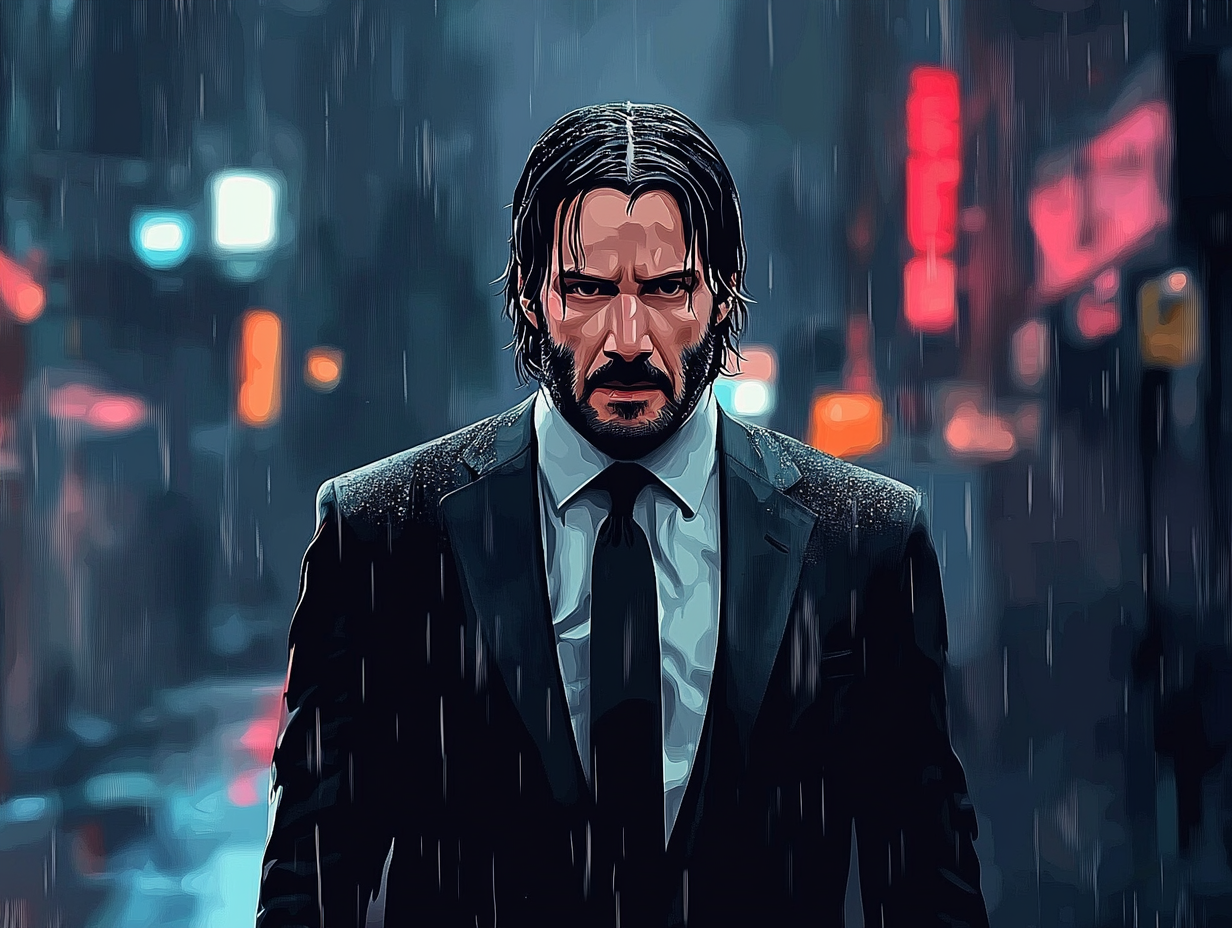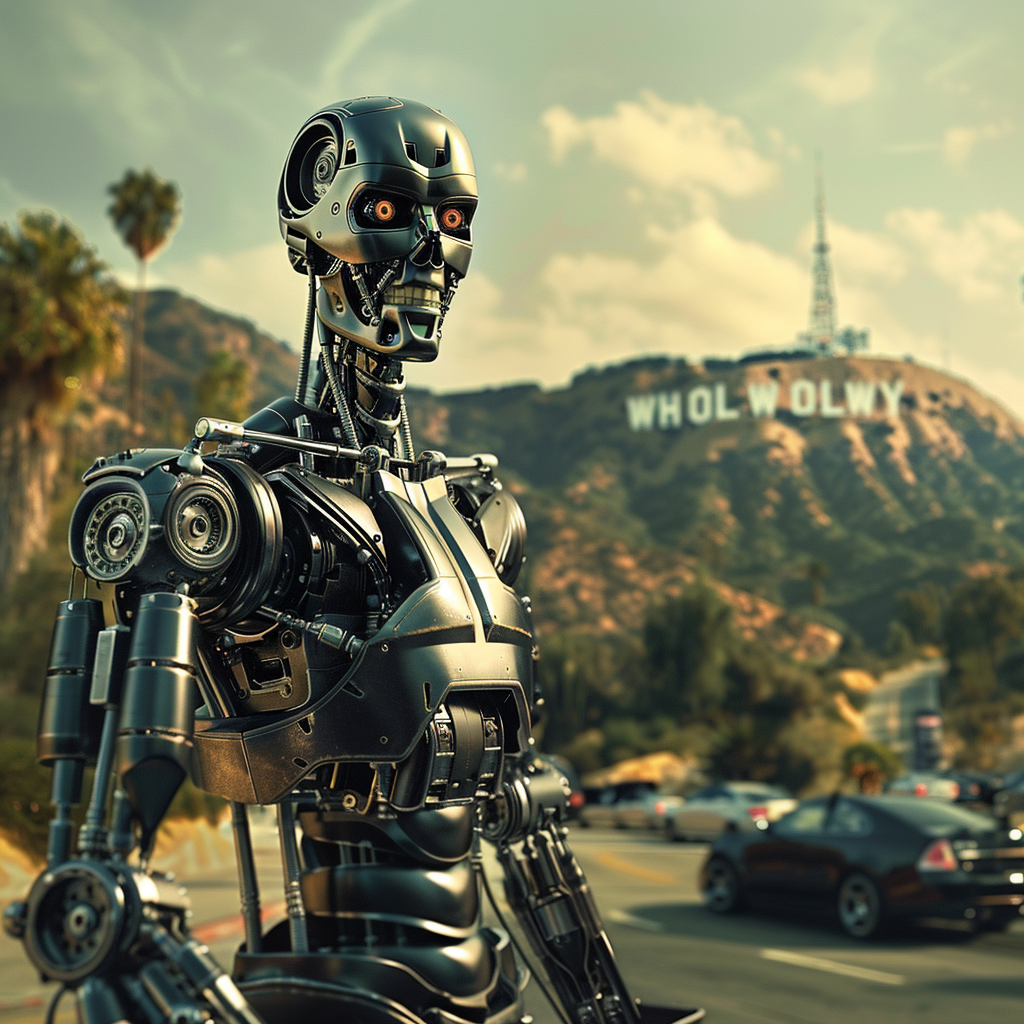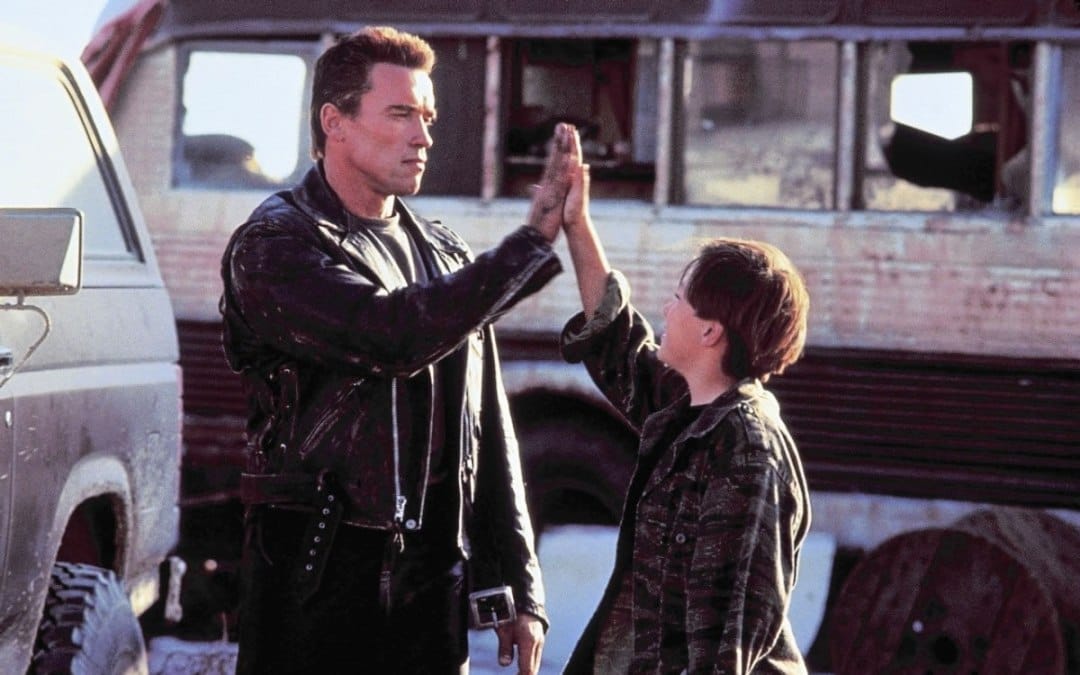Amazon Finds a Path for AI to Augment Creatives

When I first saw this headline a couple weeks back, I assumed it was going to lead to yet more doom and gloom about the future of AI with regard to creative endeavors. And perhaps it has, but this entire notion actually strikes me as decidedly positive for pretty much all sides:
Amazon.com Inc.’s Audible will begin inviting a select group of US-based audiobook narrators to train artificial intelligence on their voices, the clones of which can then be used to make audiobook recordings. The effort, which kicks off this week, is designed to add more audiobooks to the service, quickly and cheaply — and to welcome traditional narrators into the evolving world of audiobook automation which, to date, many have regarded warily.
Last year, Amazon began offering US-based, self-published authors who make their books available on the Kindle Store the option of having their works narrated by a generic “virtual voice.” The initiative has been popular. As of May, more than 40,000 books in Audible were marked as having made use of the technology.
Under the new arrangement, rather than limiting the audio work entirely to company-owned synthetic voices, Audible will be encouraging professional narrators to get in on the action.
What's better, an AI recreation of an author's and/or professional actor's voice or a generic "virtual voice"? The latter has clearly taken off because it's the only option, so why not give the former a try? You can say: why not get the author/actor to do it themselves without AI? And, sure. But again, the reality is that this just wasn't happening. All sorts of reasons for that, no doubt. But this potentially yields a better experience for all parties involved.
And yes, they're getting paid to do this:
“This beta offering will empower participants to expand their production capabilities for high-quality audiobooks, generate new business by taking on more projects simultaneously and increase their earning potential,” the company said in a blog post published today.
Narrators who opt in will be able to construct their voice replicas for free. Afterward, they will be compensated for any audiobooks created using their AI voice. Payments will be made on a title-by-title basis through a royalty-sharing model.
The fear here would be that while Amazon is paying now, in the future, they might pull that rug. But it's hard to see that happening given the obvious backlash it would cause. The economics might have to change – for worse or better, by the way – but again, this feels like a win/win situation.
Audible is seeking ways to bring more exclusive content to its service. A year after introducing the virtual voice tools, 96% of self-published, written titles on Amazon’s Kindle Direct Publishing service still do not have audiobook companions, the company told Bloomberg News. A greater diversity of voices could improve those figures.
96%! It's easy to think all books have audio version now because all of the largest books do. But self-publishing is the key here. Why should only massive, nation-wide best sellers have access to such features to help sell their books?
Again, I assumed this would be doom and gloom with regard to AI, but it's the opposite. It's a pretty clear example of how AI can actually augment the creative process and scale it in new and interesting ways. This isn't cloning a deceased actor's voice. Or creating a digital manifestation of them. Both of which don't have to necessarily be a bad thing either, by the way, though both are more nuanced. But this is the more meat-and-potatoes and under-the-radar AI capability that can be leveraged for good.
As I concluded in a post from June entitled 'People at a Premium':
Yes, there will be some jobs which will change more than others as a result in the extreme version of all of this. Some may fade with time. But there will be time to smooth out such a transition. I know it feels like there won’t be in our era of AI chaos. But things will settle and slow down, eventually.
And as that happens, and as various bits of AI goes from feared to adopted, we’ll likely start to see something funny as a result: human art will be elevated even further. I don’t mean by using the AI tools (though that will undoubtedly come into play too, per above), but I mean that human creations versus automated or AI ones, will garner a larger premium and be held up in even higher regard.
Humans are not going to stop caring about works of art made by other humans just because we have works of art made by machines. Again, I think it’s more likely that they’ll care about such work more in such a world. Human value won’t be driven to zero, human creativity will be prized even more and sought out.
Feels like this can all play out in such a way with cloned AI voices as well...





